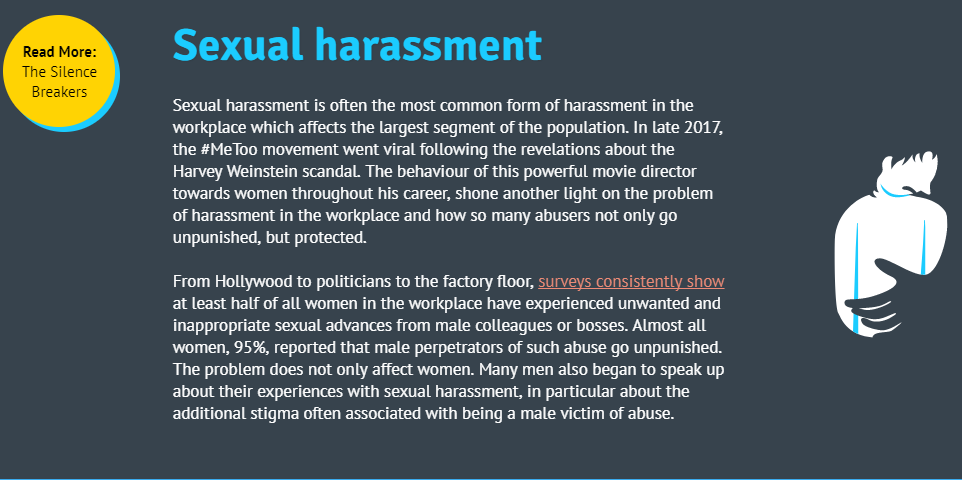What are your compliance training objectives for 2018?

The beginning of a new year is a good opportunity to formalise learning objectives and prepare training schedules. With many new regulations implemented in 2017, and more to come in 2018, VinciWorks has prepared guidance to help you focus on the important compliance topics for the coming year. General Data Protection Regulation GDPR will be […]
Diversity course updated to include guidance against sexual harassment

2017 ended with a flurry of allegations against high-profile men, many of whom in the music and entertainment industry, as well as allegations against members of Parliament. The allegations came to light following Hollywood producer Harvey Weinstein’s fall from grace after several women accused him of sexual assault and rape. In late 2017, the #MeToo […]
Guide to anti-money laundering in 2018

What to expect this year in AML 2017 was a big year in money laundering. The EU deadline for the implementation of the Fourth Money Laundering Directive came and went, with the UK passing its Money Laundering Regulations 2017 just in time, even as other EU nations rushed to catch up. However, the ink […]
The Fourth Directive and politically exposed persons – what you need to know

Under the Fourth Directive, the rules involving politically exposed persons (PEPs) are no longer limited to foreign officials. Local PEPs will now be subject to the same scrutiny as foreign PEPs. Here are some key guidelines regarding PEPs, the regulations regarding them and how to spot red flags. Politically Exposed Person (PEP) Definition A politically […]






